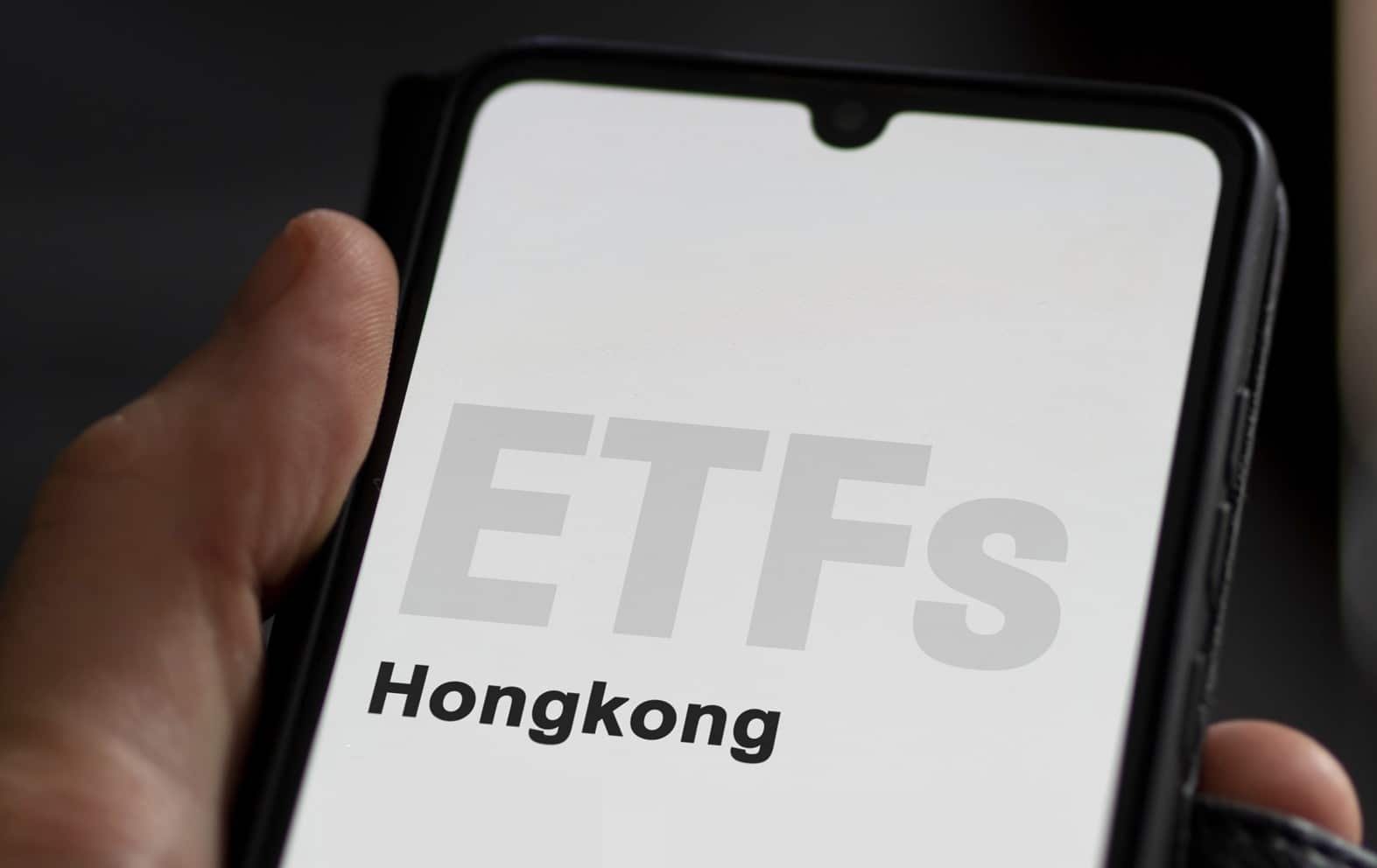Hong Kong prepares to open retail investors’ access to spot crypto ETFs
According to the South China Morning Post, Hong Kong’s Securities and Futures Commission (SFC) is preparing to authorize funds with direct exposure to digital assets, including spot virtual asset exchange-traded funds (ETFs).
The report cited a notice jointly issued by the Securities and Futures Commission and the Hong Kong Monetary Authority, Hong Kong's central bank.
Neil Tan, managing partner of local fintech advisory firm Tsunami Advisors and chairman of the Hong Kong Fintech Association, commented: “This move puts Hong Kong in a leading position in the global crypto landscape.”
Tan believes that a spot crypto ETF is essentially a “Web3 asset presented in a Web2 wrapper.” They allow traditional investors access and exposure to the crypto market.
Last October, Hong Kong announced its goal to become a global center for virtual assets. Since then, authorities have implemented a new regulatory regime for centralized exchanges, allowing licensed platforms to accept retail investors.
Only two companies have received licenses so far, with nine more waiting for their applications to be approved.
Scammers in Southeast Asia are forced to find new markets – and they’re finding them
According to Voice of America (VOA), Rebecca Miller, Human Trafficking Program Coordinator of the United Nations Office on Drugs and Crime Regional Office for Southeast Asia and the Pacific, said the increasing visibility of scams in Southeast Asia has forced criminal gangs to find victims elsewhere, targeting Countries and regions that most people may not yet know about.
This includes cryptocurrency scams.
Troy Gochenour, a U.S. resident who was a victim of cryptocurrency scams in Southeast Asia, said these criminal gangs have been successful in finding new markets. Gochenour now investigates such scams for the Global Anti-Fraud Organization, which is based in Singapore and operates in the United States.
"I've spoken to victims in South America, the Middle East, all over Europe, Australia," he said, adding:
Gochenour claimed that these criminal gangs were "truly global". "When you have around 100,000 or so people [each] sending around 1,000 random messages a day across Southeast Asia, they're reaching a lot of people," he said.
But as these scammers expand their operations to other regions, online scam hubs in Southeast Asia are increasingly attracting the attention of governments and law enforcement agencies around the world.
Jason Tower, Myanmar country director for the U.S. Institute of Peace, said most countries have been slow to respond to this growing threat. However, he said countries may introduce their own sanctions.
Gochenour said he was skeptical about the success of targeted sanctions like those adopted by the UK. “Ultimately it’s going to be about […] more law enforcement being trained on how to handle and how to track cryptocurrencies and freeze and seize them. That’s the best thing for [scam] victims,” he said.
He noted that Tether’s announcement to include the U.S. Secret Service and FBI in its ranks is a positive development that he hopes others will follow.
Leave a comment
Your email address will not be published. Required fields are marked *










